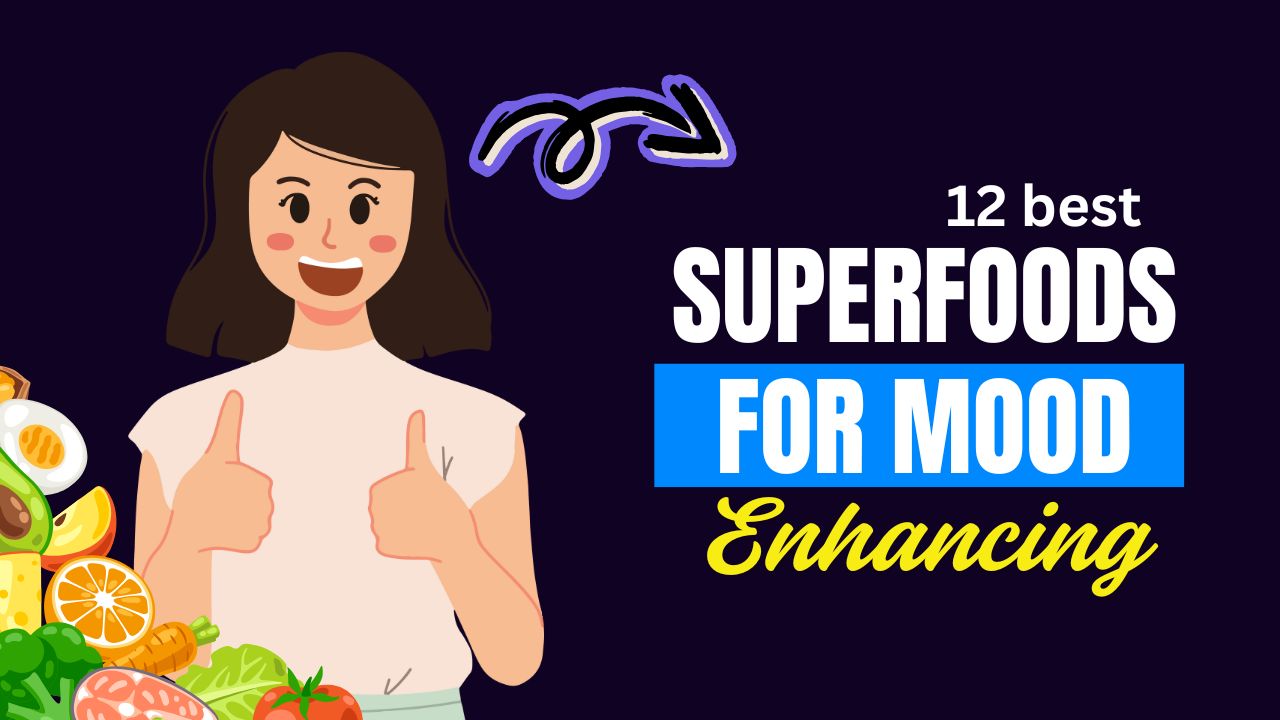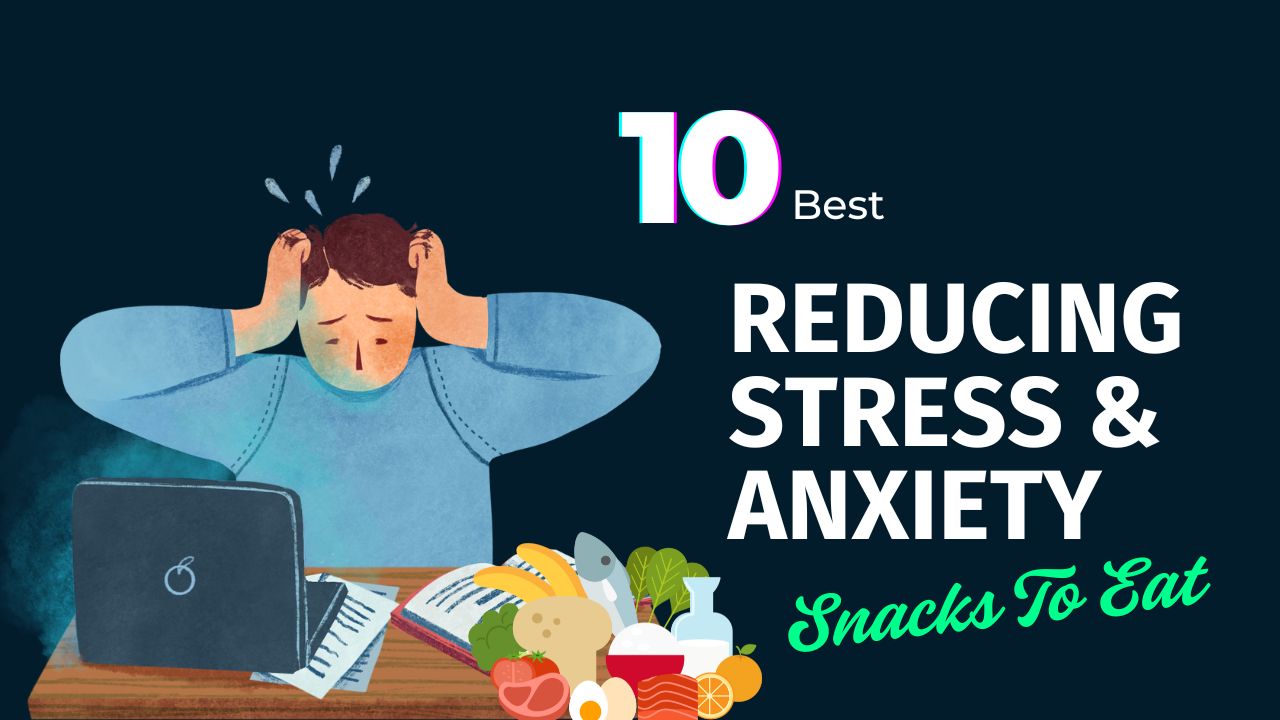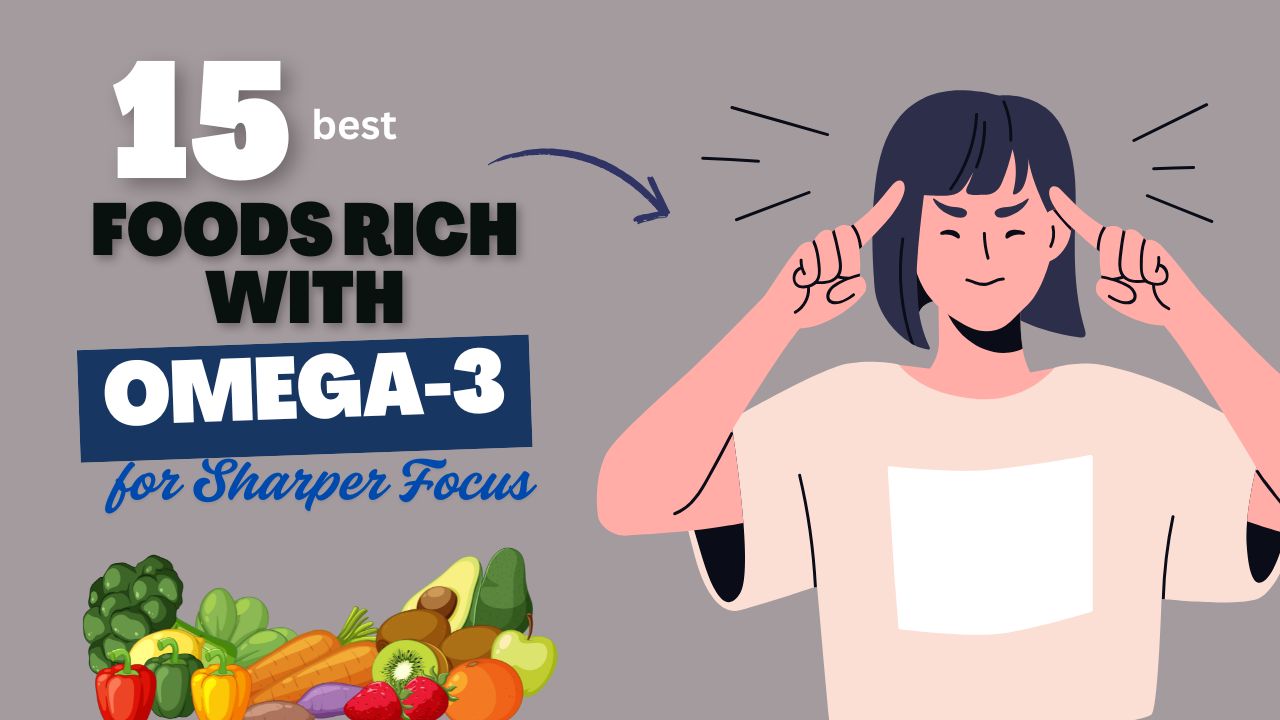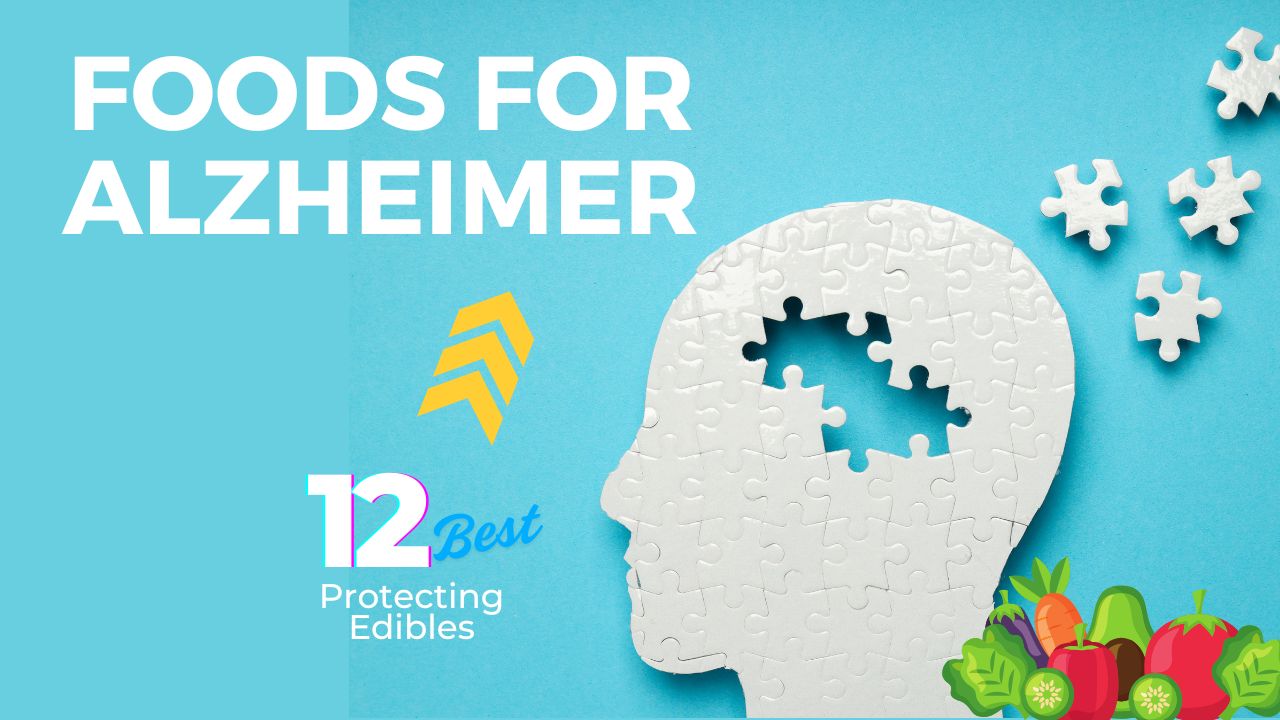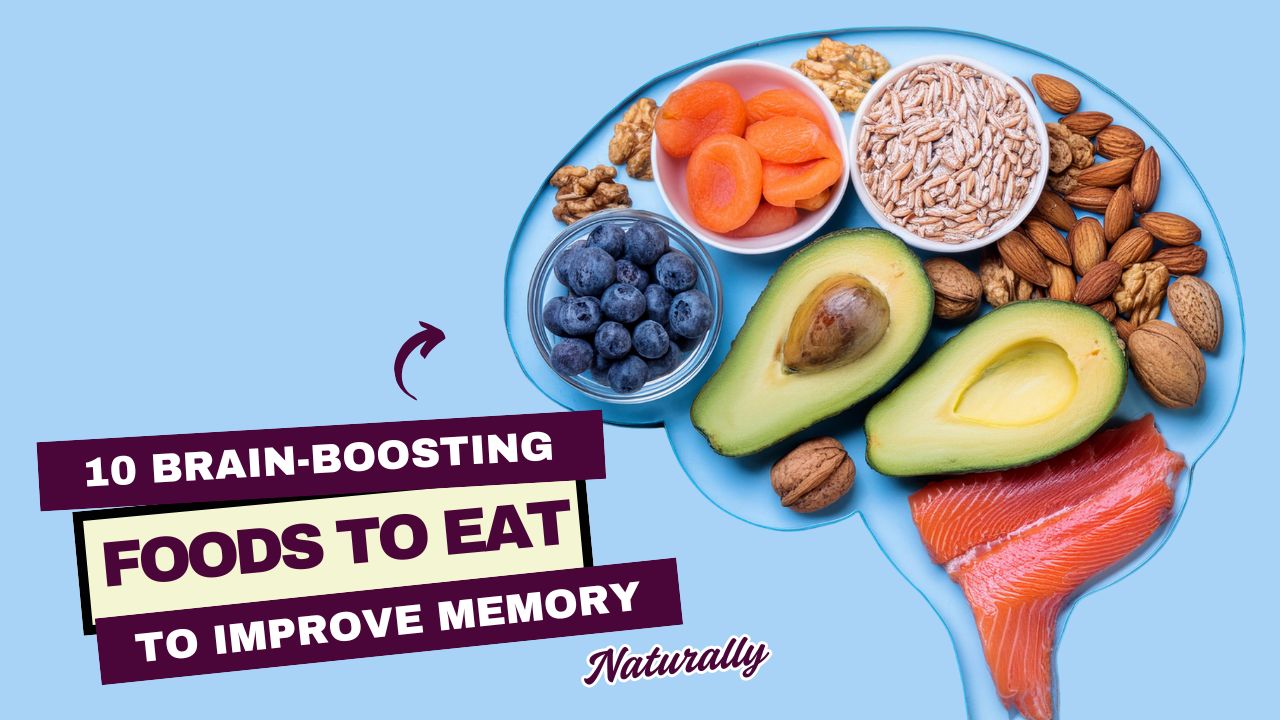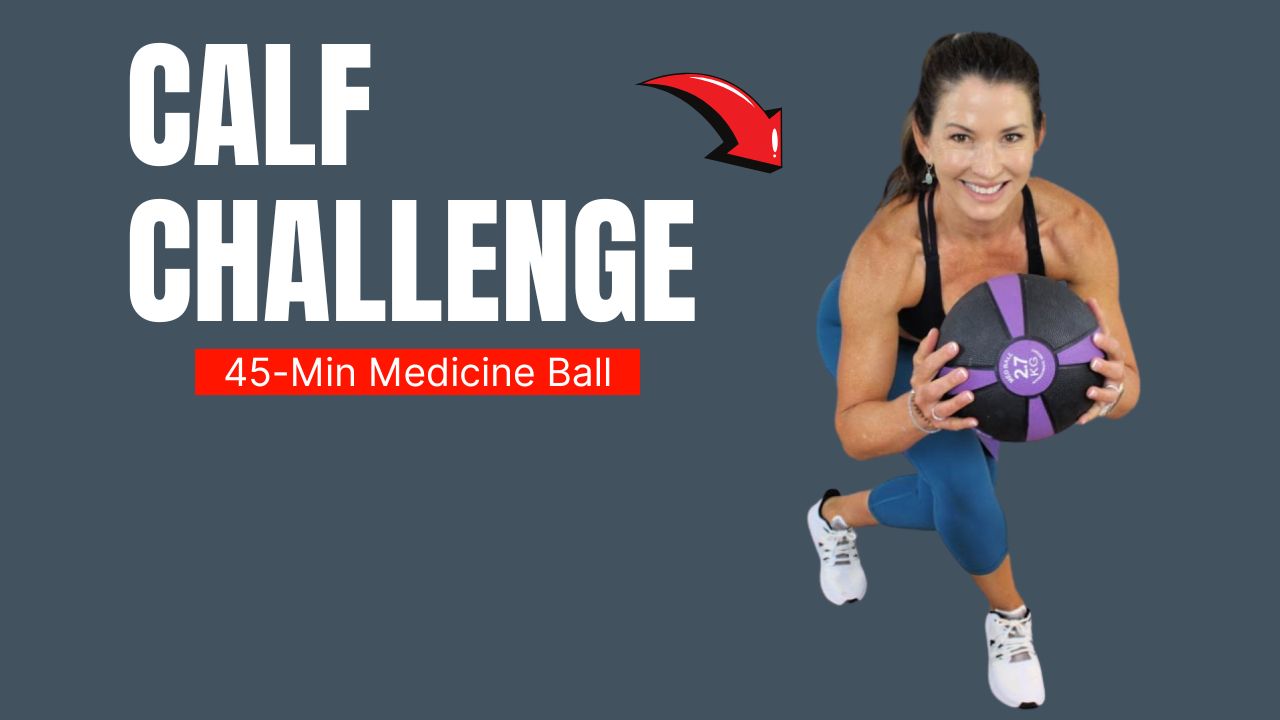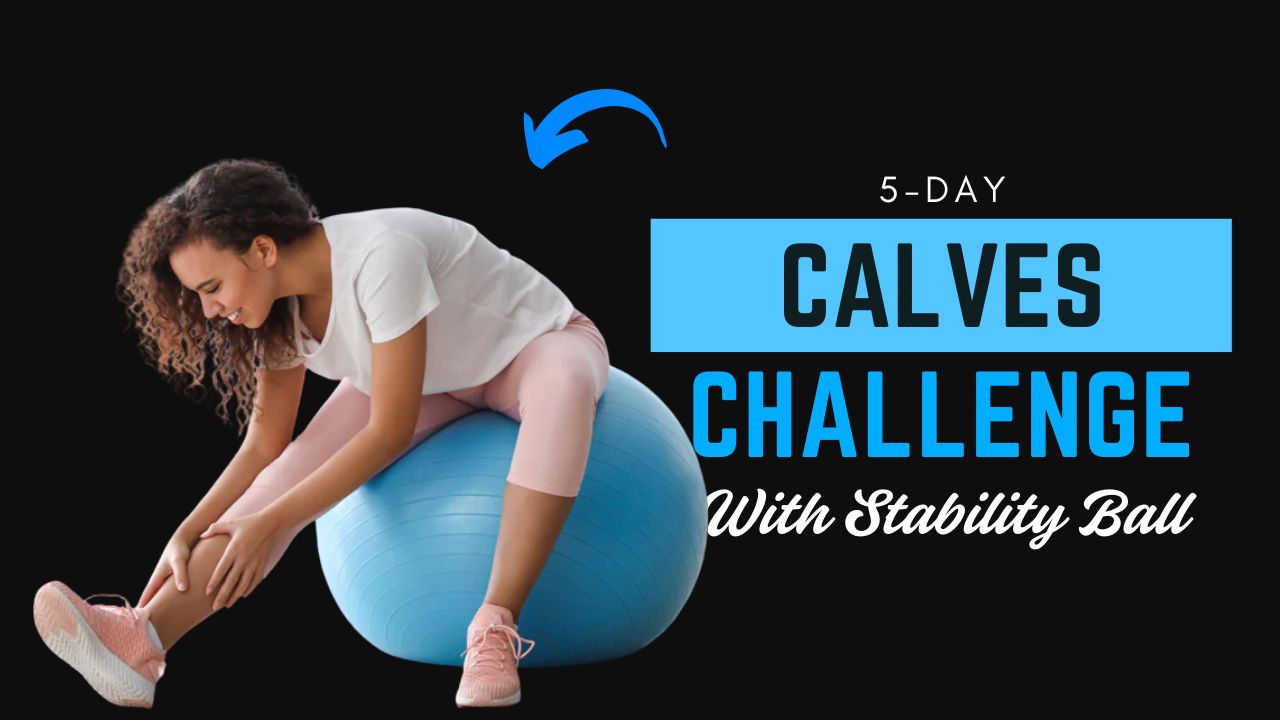Do you know that what you eat can directly affect your mood? Yes, science confirms that certain snacks can calm your mind, reduce stress levels, and even ease anxiety.
With today’s fast-paced lifestyle, it’s easy to feel overwhelmed. The good news is that incorporating the right foods into your daily routine can help your brain and body cope better with stress.
In this post, we will explore the 10 best snacks that help reduce stress and anxiety. Each snack is packed with nutrients that support your nervous system, regulate cortisol levels, and promote feelings of calm and relaxation.
We’ll also cover the best ways to eat them, who should eat or avoid them, storage tips, and potential side effects. By the end, you’ll have a comprehensive guide to snacking your way to a calmer mind.
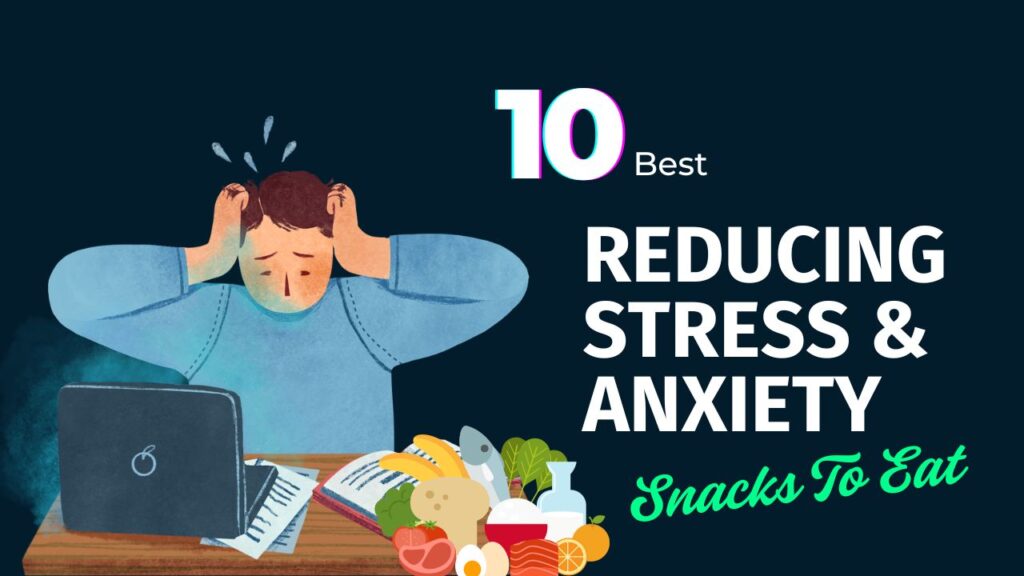
Table of Contents
10 Snacks To Heal Stress
1. Dark Chocolate
Why It Helps
Dark chocolate isn’t just a treat—it’s a mood booster. It contains antioxidants called flavonoids, which reduce stress hormones and improve blood flow to the brain. Studies show that a small piece of dark chocolate can lower cortisol levels and increase serotonin production, making you feel happier almost instantly.
Best Ways to Eat or Use It
- Enjoy a small square (20-30 grams) as a mid-afternoon snack.
- Melt into smoothies for a stress-relieving chocolate shake.
- Pair with nuts for a nutrient-dense trail mix.
Who Should Eat / Avoid
- Good for: adults needing a mood boost, athletes needing recovery, occasional sweet cravings.
- Avoid/Limit if: you are sensitive to caffeine or have acid reflux.
Storage & Buying Tips
- Choose chocolate with at least 70% cocoa.
- Store in a cool, dark place away from sunlight.
- Avoid chocolate that is overly processed or high in sugar.
Do’s & Don’ts
| ✅ Do | ❌ Don’t |
|---|---|
| Eat in moderation | Overeat chocolate daily |
| Pair with nuts | Choose highly sweetened chocolate |
| Store in a cool place | Leave in hot areas |
Possible Side Effects
- Overconsumption may lead to caffeine-related jitters or weight gain.
2. Almonds
Why It Helps
Almonds are rich in magnesium, a mineral crucial for relaxing muscles and calming the nervous system. They also provide vitamin E and healthy fats, which help reduce inflammation associated with stress. Fun fact: magnesium deficiency is linked to increased anxiety and irritability.
Best Ways to Eat or Use It
- Eat a handful raw as a snack.
- Sprinkle on salads or oatmeal.
- Blend into almond butter for toast or smoothie bowls.
Who Should Eat / Avoid
- Good for: vegetarians, pregnant women, stress-prone individuals.
- Avoid/Limit if: you have nut allergies.
Storage & Buying Tips
- Buy raw or dry-roasted almonds without added sugar or salt.
- Store in an airtight container, preferably refrigerated, to prevent rancidity.
Do’s & Don’ts
| ✅ Do | ❌ Don’t |
|---|---|
| Eat raw or roasted | Eat salted or sugary almonds excessively |
| Combine with fruits | Store in humid areas |
| Snack in small portions | Replace meals with almonds |
Possible Side Effects
- Overeating can cause digestive issues or weight gain.
3. Greek Yogurt
Why It Helps
Did you know your gut health directly impacts your brain? Greek yogurt is rich in probiotics that support healthy gut bacteria, which play a role in producing mood-regulating neurotransmitters like serotonin. High protein content also helps stabilize blood sugar, preventing mood swings.
Best Ways to Eat or Use It
- Eat plain or with berries and a drizzle of honey.
- Blend into smoothies for a creamy texture.
- Use as a base for savory snacks like tzatziki.
Who Should Eat / Avoid
- Good for: individuals seeking gut health support, people with mild stress.
- Avoid/Limit if: lactose intolerant or allergic to dairy.
Storage & Buying Tips
- Choose plain, unsweetened Greek yogurt.
- Refrigerate immediately and consume within the expiration date.
- Avoid flavored yogurts with high added sugar.
Do’s & Don’ts
| ✅ Do | ❌ Don’t |
|---|---|
| Pair with fruits | Add too much sugar |
| Refrigerate properly | Leave unrefrigerated for long |
| Mix with seeds | Consume past expiry date |
Possible Side Effects
- Excess dairy can cause bloating in sensitive individuals.
4. Walnuts
Why It Helps
Walnuts are rich in omega-3 fatty acids, which are crucial for brain health and reducing inflammation. Studies suggest that omega-3s can lower anxiety and improve cognitive function. They also contain antioxidants that protect brain cells from stress-induced damage.
Best Ways to Eat or Use It
- Snack on a handful raw or toasted.
- Add to oatmeal, salads, or baked goods.
- Blend into smoothies for a nutty flavor and creamy texture.
Who Should Eat / Avoid
- Good for: students, professionals under high stress, heart health seekers.
- Avoid/Limit if: allergic to tree nuts.
Storage & Buying Tips
- Store in airtight containers in the fridge to prevent rancidity.
- Purchase raw or dry-roasted without added salt.
Do’s & Don’ts
| ✅ Do | ❌ Don’t |
|---|---|
| Eat raw or roasted | Consume flavored with excessive sugar |
| Add to meals | Leave exposed to air for too long |
| Snack in small portions | Overconsume daily |
Possible Side Effects
- Can cause digestive discomfort if eaten in very large quantities.
5. Blueberries
Why It Helps
Blueberries are packed with antioxidants called anthocyanins, which combat oxidative stress in the brain. They also contain vitamin C, known to lower cortisol levels. Fun fact: researchers call blueberries “brain berries” due to their ability to boost memory and reduce stress.
Best Ways to Eat or Use It
- Eat fresh as a snack.
- Blend into smoothies or yogurt bowls.
- Freeze for a quick, refreshing treat.
Who Should Eat / Avoid
- Good for: anyone looking to improve mood and brain function.
- Avoid/Limit if: allergic to berries.
Storage & Buying Tips
- Choose firm, plump berries without mold.
- Refrigerate in a breathable container; wash before eating.
- Can freeze for longer shelf life.
Do’s & Don’ts
| ✅ Do | ❌ Don’t |
|---|---|
| Wash before eating | Leave wet in fridge |
| Eat fresh or frozen | Rely only on supplements |
| Mix in meals | Buy overripe berries |
Possible Side Effects
- Excessive consumption may cause digestive upset due to high fiber.
6. Green Tea
Why It Helps
Green tea contains L-theanine, an amino acid known for promoting relaxation without drowsiness. It also provides a gentle caffeine boost that improves alertness and mood. Interesting fact: L-theanine can increase alpha brain waves, which are associated with calm and focus.
Best Ways to Eat or Use It
- Brew as a hot beverage or iced tea.
- Mix with honey or lemon for flavor.
- Use matcha powder in smoothies or desserts.
Who Should Eat / Avoid
- Good for: adults seeking stress relief, mild energy boost.
- Avoid/Limit if: sensitive to caffeine or pregnant women (consult doctor).
Storage & Buying Tips
- Buy high-quality loose-leaf or bagged tea.
- Store in airtight containers away from light and moisture.
- Avoid pre-flavored teas with added sugars.
Do’s & Don’ts
| ✅ Do | ❌ Don’t |
|---|---|
| Brew fresh | Drink excessively |
| Store properly | Use old tea leaves |
| Combine with lemon | Add too much sugar |
Possible Side Effects
- Too much caffeine may cause jitteriness or insomnia.
7. Pumpkin Seeds
Why It Helps
Pumpkin seeds are high in magnesium, zinc, and tryptophan—nutrients that help relax muscles, boost serotonin, and reduce anxiety. Fun fact: pumpkin seeds were used in ancient cultures to calm nerves and improve sleep quality.
Best Ways to Eat or Use It
- Eat raw or roasted as a snack.
- Add to salads, oatmeal, or granola.
- Blend into smoothies for a nutty crunch.
Who Should Eat / Avoid
- Good for: people experiencing anxiety, athletes, sleep-deprived individuals.
- Avoid/Limit if: allergic to seeds.
Storage & Buying Tips
- Buy raw or dry-roasted seeds without salt.
- Store in airtight containers in a cool, dry place.
- Can refrigerate to extend shelf life.
Do’s & Don’ts
| ✅ Do | ❌ Don’t |
|---|---|
| Eat raw or roasted | Consume salted excessively |
| Combine with yogurt or salads | Leave exposed to air |
| Snack in moderation | Rely solely on seeds for magnesium |
Possible Side Effects
- Overconsumption can cause mild digestive discomfort.
8. Avocado
Why It Helps
Avocados are rich in healthy fats, vitamin B, and potassium—all essential for brain health and stress reduction. They help regulate mood, reduce blood pressure, and maintain energy levels. Myth: despite being high in fat, avocados are heart-healthy and support weight management when eaten in moderation.
Best Ways to Eat or Use It
- Slice into salads or sandwiches.
- Mash as guacamole or spread on toast.
- Blend into smoothies for creaminess.
Who Should Eat / Avoid
- Good for: anyone seeking mental clarity and healthy fats.
- Avoid/Limit if: allergic to avocados.
Storage & Buying Tips
- Choose slightly firm, unbruised fruit.
- Store unripe avocados at room temperature; ripe ones in the fridge.
- Freeze for smoothies by mashing with lemon juice.
Do’s & Don’ts
| ✅ Do | ❌ Don’t |
|---|---|
| Eat fresh or mashed | Fry excessively in oil |
| Pair with lemon | Store unripe in fridge |
| Combine with protein | Overeat daily |
Possible Side Effects
- Excessive intake may cause digestive upset or calorie overload.
9. Oranges
Why It Helps
Oranges are rich in vitamin C, a nutrient known to lower cortisol and reduce stress-related damage to the body. They also contain fiber and antioxidants that boost immunity and energy levels. Interesting fact: smelling citrus can even improve mood and reduce anxiety instantly.
Best Ways to Eat or Use It
- Eat fresh or segment into salads.
- Juice for a refreshing drink.
- Add zest to yogurt or baked goods.
Who Should Eat / Avoid
- Good for: anyone seeking stress relief, vitamin C boost, or hydration.
- Avoid/Limit if: sensitive teeth or citrus allergies.
Storage & Buying Tips
- Choose firm, bright-colored oranges.
- Store at room temperature for a few days or refrigerate for longer.
- Avoid soft spots or mold.
Do’s & Don’ts
| ✅ Do | ❌ Don’t |
|---|---|
| Eat fresh | Store in wet areas |
| Combine with other fruits | Rely on juice alone |
| Peel before storing | Overconsume juice (high sugar) |
Possible Side Effects
- Excess citrus may aggravate acid reflux.
10. Chamomile Tea
Why It Helps
Chamomile tea is widely known for its calming effects. It contains antioxidants that reduce inflammation and promote relaxation, making it an ideal bedtime snack. Fun fact: chamomile has been used for centuries to ease anxiety and insomnia naturally.
Best Ways to Eat or Use It
- Brew fresh as a hot tea before bedtime.
- Combine with honey for taste and added benefits.
- Infuse in smoothies or warm milk.
Who Should Eat / Avoid
- Good for: adults seeking sleep improvement, stress relief.
- Avoid/Limit if: allergic to ragweed or related plants.
Storage & Buying Tips
- Buy high-quality dried chamomile flowers or tea bags.
- Store in airtight containers away from moisture and light.
- Use within expiration for maximum potency.
Do’s & Don’ts
| ✅ Do | ❌ Don’t |
|---|---|
| Brew fresh | Drink too much during the day |
| Combine with honey | Use old tea |
| Store properly | Mix with strong caffeinated drinks |
Possible Side Effects
- Rare allergic reactions in sensitive individuals.
Conclusion
Incorporating these 10 snacks for reducing stress and anxiety into your daily routine can transform your mental health. From nutrient-packed nuts to calming teas, these foods are simple, accessible, and scientifically backed to support a calmer mind.
Try adding a few to your snack rotation this week and observe how your mood and stress levels respond. Remember, small, consistent changes can make a big difference.
Frequently Asked Questions (FAQs)
Can snacks really reduce stress and anxiety?
Yes! Certain foods contain nutrients like magnesium, omega-3s, probiotics, and antioxidants that support brain health and help regulate stress hormones. Regularly consuming these snacks can promote calmness and improve mood over time.
How much of these snacks should I eat daily?
Moderation is key. For most snacks like nuts or dark chocolate, a small handful or 20–30 grams is sufficient. Overeating can lead to digestive issues or unwanted calories, even with healthy foods.
Are these snacks suitable for children?
Many are safe for children, like blueberries, Greek yogurt, and oranges. However, avoid giving kids caffeine-containing snacks like dark chocolate or green tea in large amounts. Always consider allergies.
Can these snacks replace meals?
No. Snacks are meant to supplement your diet, not replace balanced meals. They work best when combined with a healthy, well-rounded diet.
How quickly can I feel the stress-relieving effects?
Some foods, like dark chocolate or citrus, may offer a short-term calming effect. Others, such as nuts, avocado, or probiotics, support long-term stress management when consumed consistently.
Can I combine multiple snacks in one day?
Absolutely. Combining snacks like almonds with blueberries or Greek yogurt with pumpkin seeds can maximize nutrient intake and provide more consistent stress relief throughout the day.
Are there any side effects from these snacks?
Side effects are rare but possible if overconsumed. For example, too much dark chocolate may cause jitteriness, excess nuts may cause digestive discomfort, and excessive citrus can aggravate acid reflux. Always eat in moderation.
Do these snacks work better at certain times of the day?
Yes. For example, calming snacks like chamomile tea or walnuts are ideal before bedtime, while energy-boosting snacks like almonds or dark chocolate work well mid-afternoon.
Can I use these snacks if I have medical conditions?
Many are safe, but consult a healthcare professional if you have allergies, diabetes, high blood pressure, or other health conditions. Some snacks, like green tea, may need to be limited in certain cases.
